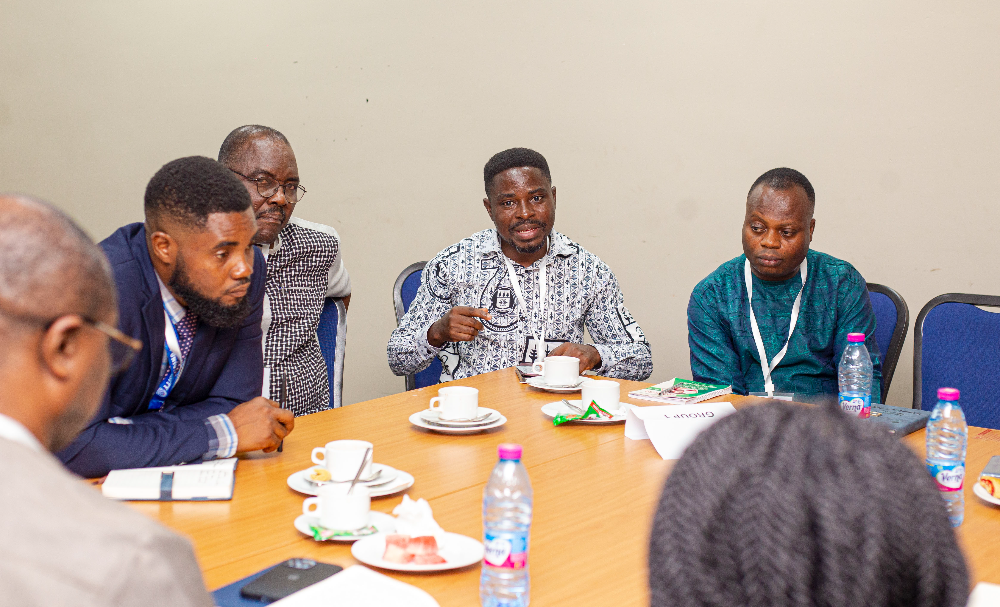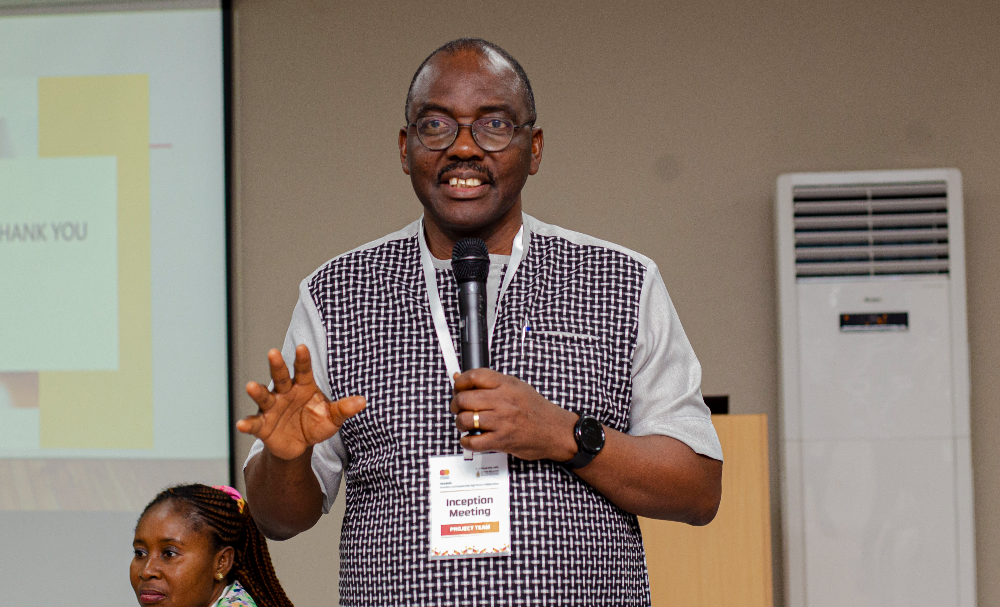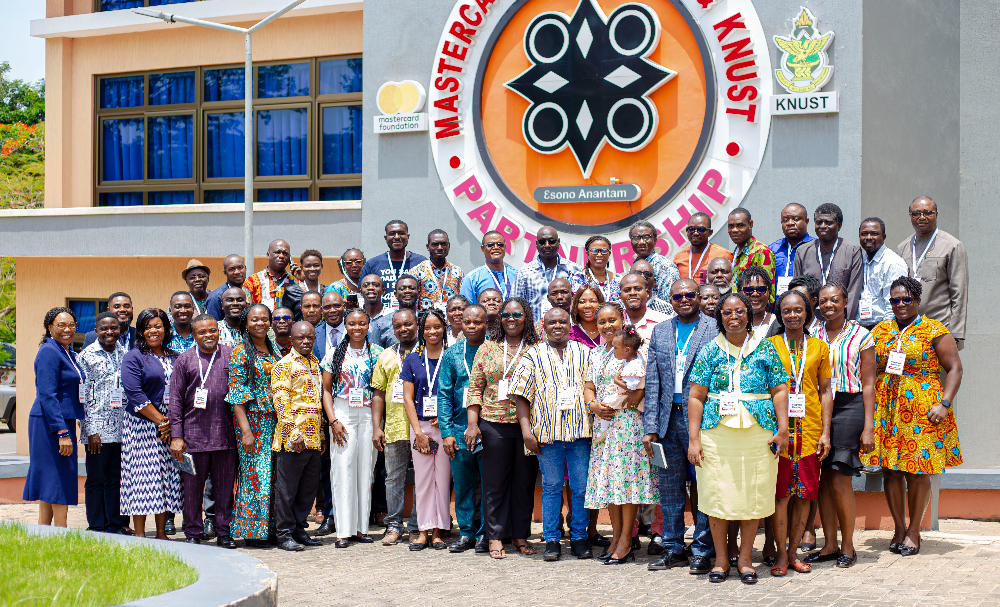The KNUST Nutrition and Sustainable Agri-food Collaborative (Nkabom) project, in partnership with the Mastercard Foundation, has convened key stakeholders from academic and research institutions to strengthen collaborative efforts in developing a skilled workforce for Ghana's agri-food sector.
The Nkabom project, a collaborative initiative between KNUST and the Mastercard Foundation, has taken a significant step in fostering partnerships by engaging with a wide range of agricultural stakeholders.

The engagement brought together over 40 personnel from research institutions, including the Crops Research Institute, food research centers, and animal research centers, along with representatives from universities like the University of Ghana and the University of Cape Coast, as well as agricultural colleges in Kwadaso and Ejura, and farm training centers in KITA and Asuandze.
The meetings, held at KNUST, provided a platform for these diverse stakeholders to share ideas and discuss strategies to enhance the Nkabom project's impact.

Professor William Otoo Ellis, the project’s Principal Investigator, emphasized the importance of collaboration, urging participants to unite in support of the project's goals.
Pillar leads, Professor Wilberforce Owusu-Ansah (Entrepreneurship) and Dr. Abena Boakye (Education), presented their respective activity plans to the attendees.
The Nkabom project aims to address youth unemployment and underemployment in the agri-food sector through enhanced education, entrepreneurship, and employment opportunities. It will involve collaboration between universities such as KNUST, Ashesi University, University of Ghana, and McGill University, focusing on training programs that prioritize equity for women, differently-abled individuals, and displaced youth.
Built on a foundation of partnerships, the project includes seven academic institutions and numerous non-academic partners from government, industry, and NGOs, including the Association of Ghanaian Industries (AGI).
This collaboration aims to create skilled professionals and entrepreneurs, contributing to the Mastercard Foundation’s Young Africa Works strategy of creating 30 million jobs for youth by 2030.

















